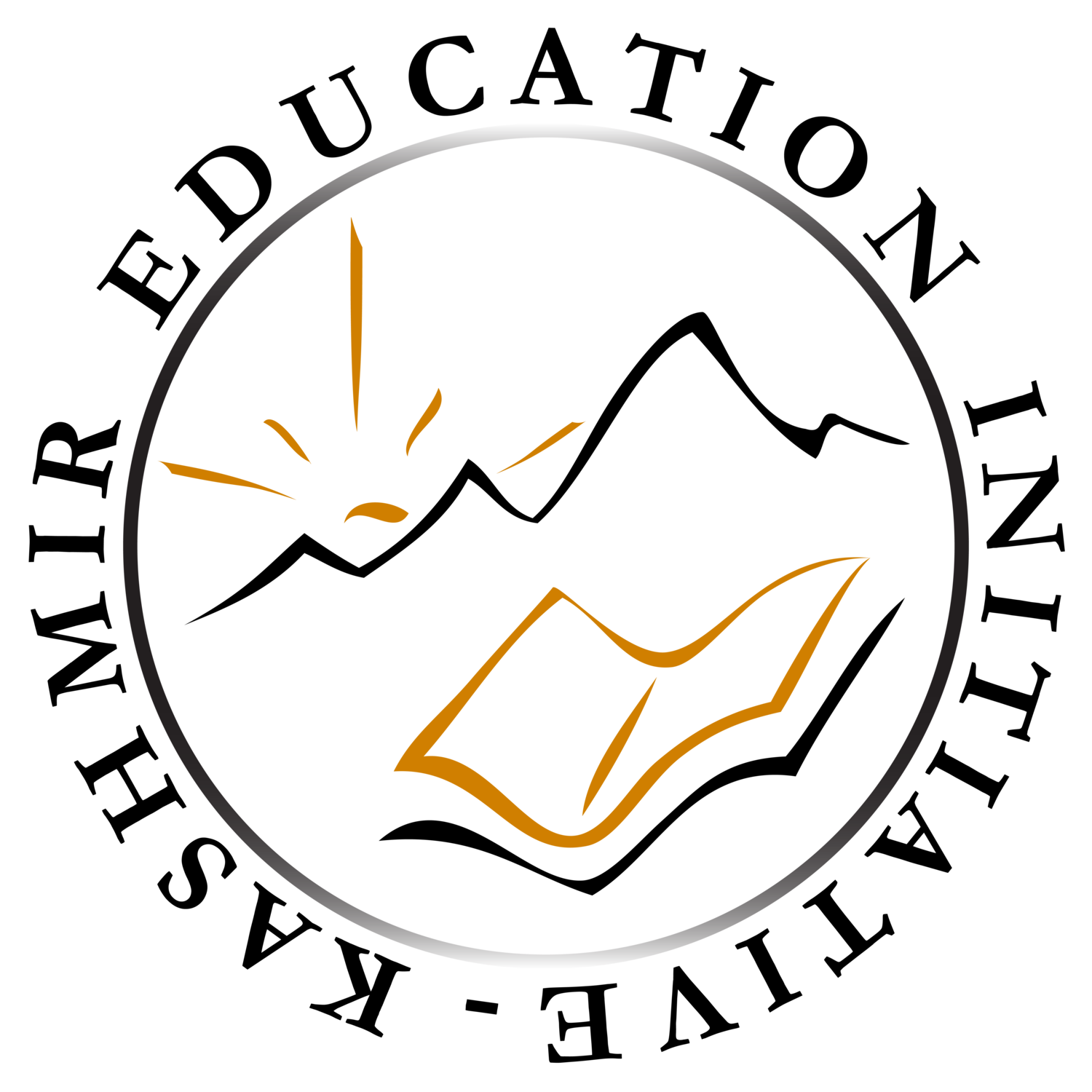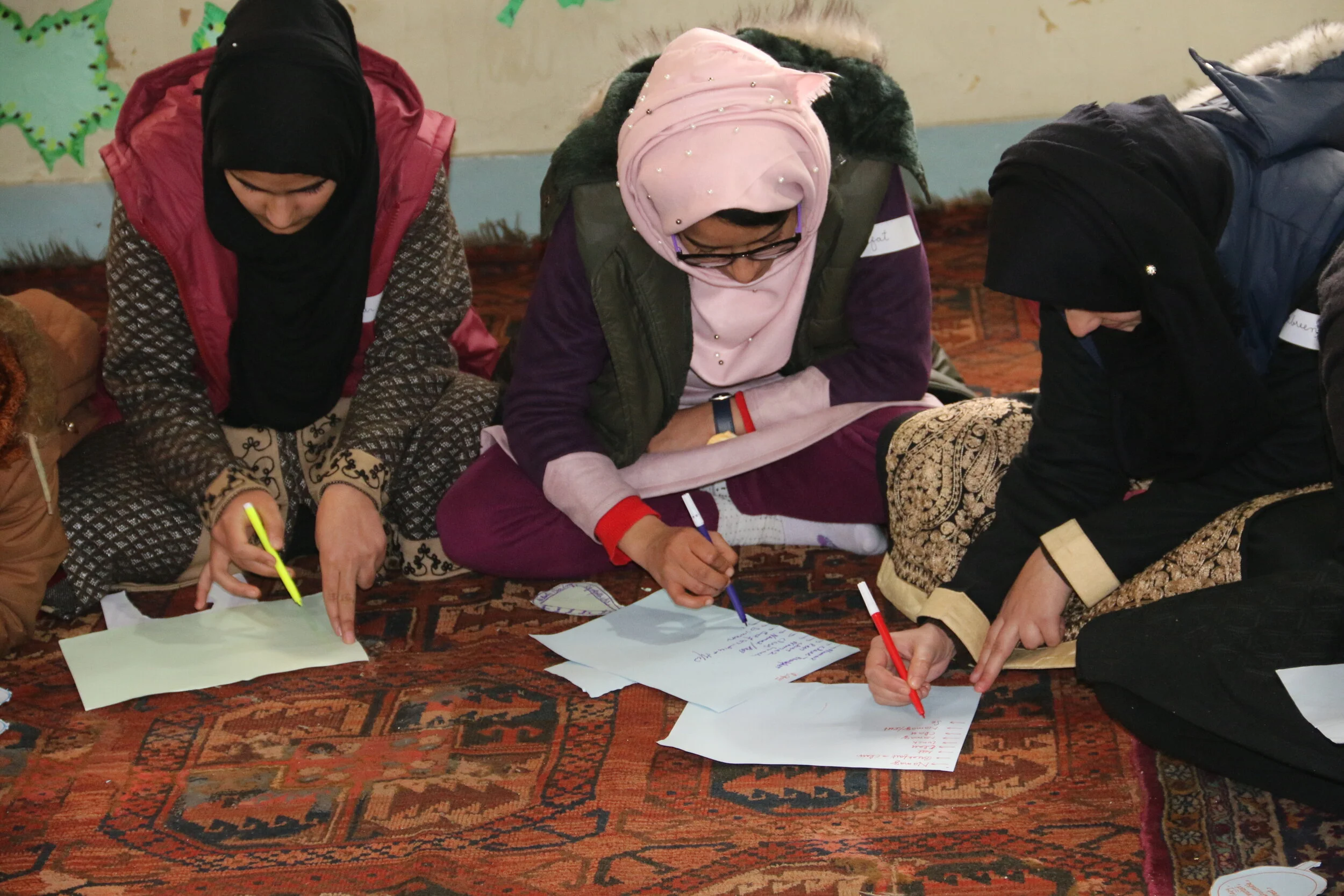Author: Ipsita Sarkar
Why talk about news? News filled with sensation and negativity can cripple society. On the other hand, news high on morals and positivity can balance and create harmony in society. The Scholar Students of the Kashmir Education Initiative led by KEI Lead Mentor and Program Manager, Mr Omar Hafiz indulged in a meaningful conversation on news ethics with Ms Anuradha Parekh, Co-Founder, The Better India, the leading news portal on positive journalism in India and The Better Home, providing sustainable eco-friendly solutions for household care.
Around 12 years back, as Ms Anuradha Parekh and her husband, Mr Dhimant Parekh, discussed the appalling state of media, highlighting only the nasty side of the country- the scams, corruptions, crimes, etc, they concluded that a solution was required. Scamsters and politicians ended up hogging all the limelight and ordinary people who were doing developmental work for various social groups- the tribal, underprivileged, and so on-their voices were going unheard. Ms Anuradha and Mr Dhimant decided that a shift and a balance in news reporting was a necessity. Thus, was born The Better India (TBI) blog that gradually became The Better India website and is now akin to a massive global movement with a readership of more than 70 million people around the world.
12 years later, on 14th September, 2020, the Scholar Students of KEI virtually connected with Ms Anuradha to learn about her inspiring journey and how they could be a part of creating a better India themselves through effective mobile journalism and positive community involvement. She shared stories from the initial days of TBI- about a photography school for the blind, a dilapidated school for deaf girls in Chennai that led to change in mindsets in people around.
She said that through the usage of internet and a smartphone, anybody could become a digital journalist, but as youth they had to use the power more responsibly, to bring about greater good in society. Also, to bring about change, neither societal status nor a loaded bank balance was the key criteria, it was simply the will to make a difference. She gave the examples of the frontline workers during COVID times, who had been going beyond their call of duty to help others.
The second part of the Session saw Mr Omar, a self-confessed fan of the TBI platform, interviewing Ms Anuradha on the nuances of journalism and storytelling through news. When he asked about how the youth could become effective story gatherers and narrators in their own communities, Ms Anuradha replied that TBI had always been on the lookout to highlight the wonderful work happening in Kashmir and the amazing talent and initiatives that existed in the region. For the story collector, it was also essential to assess the impact and the targeted audience of the story that was going to be published. Hence, she advised the youth of KEI to keep their eyes and ears open to information, filtering relevant news, verify facts and build conversation round that topic. She also encouraged the students to ask the right questions to discover the right kind of stories.
The Scholar Students listened intently as she shared some motivating stories from Kashmir, like that of Bashir, India’s first woman wheelchair basketball player, her tale of grit, endurance and persistence that made her into a globally recognized, award winning sportsperson from Kashmir, another story that led to a policy level change and yet another inspirational story about a National Award winning teacher who taught children innovatively using scrap material, going from door to door, during COVID times, ensuring that students didn’t lose out on teaching due to online classes.
Mr Omar then pointed out, “In Kashmir, right from the school age, the onus is on competition. The concept of community engagement has been missing and somewhere in the ego-centric race to score a good grade, one would miss out on spotting and pitching a good story from their surroundings.”
Reiterating on that, Ms Anuradha explained to the students who hailed from 10 districts of Kashmir, “You can communicate about the people around you, sensitize people in the rest of the country how life in general for kids in Kashmir, as there are millions of people who want to help. Engage in community building activities especially if you are considering going abroad for higher studies to add more weight to your CV and to use social media in an effective way.”
In the third part of the Session, the Scholars reached out to Ms Anuradha with their queries. She was impressed when Ms Nylaa Ahmed, one of the participants from Grade 11, asked about the impact of satirical stories on bringing awareness to the communities. Ms Anuradha quoted popular examples from media such as the film, Jaane Bhi Do Yaaron, RK Laxman’s comics and even well-known stand-up comedians. She also advised another student from Grade 10 to focus on speech development and articulation to engage the audience effectively on stage. When College going Mr Bilal asked about how he could solve social problems, Ms Anuradha gave the example of their role model, Mr Omar and how they could follow his footsteps. They could contribute in small and meaningful ways in their own neighbourhoods to begin with-opening bank accounts for the illiterate.
Ms Fayika, however had a personal question in store! “My career goals are constantly changing-from wanting to be a pilot to a singer to a doctor. Have you ever faced such a dilemma?”
To that she answered, “Fayika, I have wanted to be everything but a journalist! My first ambition was to eb an astronaut, then it was to be an architect, I even studied civil engineering! But never had I imagined that I would be running my own company in the media or impact space! So, the bottom line is to keep dreaming but not get tied to that dream!”
Speaking about their own challenges, she said that they had a hard job changing mindsets, reaching out to publishers with positive news stories that nobody wanted to print as they weren’t commercially viable, convincing their parents that at the age of 30, they wanted to do social service, yet as young changemakers, the students could start experimenting with their passions alongside their studies and regular jobs.
The interactive Session concluded with Ms Anuradha applauding the Scholars for their keenness, intelligence and asking insightful questions. She informed that they could all become responsible citizens and/or journalists if they followed the right ethics, did their fact checks and avoided becoming puppets to promote religious or political agenda. Mr Omar and Ms Anuradha then considered initiating a community exercise for the Scholar Students to don the hat of a journalist and changemaker simultaneously in their societies.
And the Scholar Students? Well, thy have their pen, paper and cameras ready for the assignment and the next session..!

